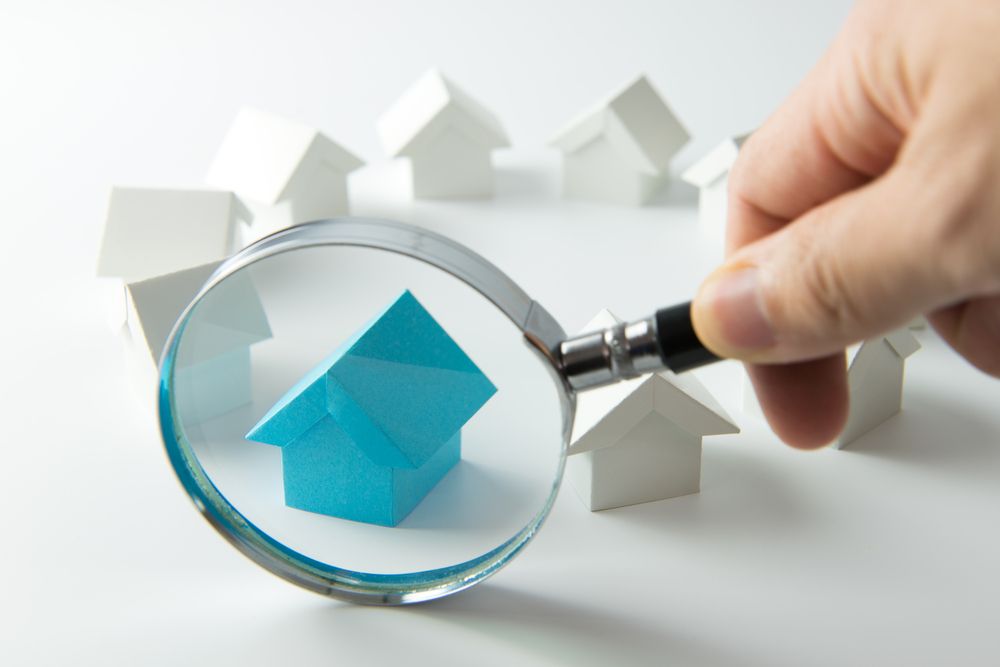If you are deciding to sell your property these tips will come in handy:
Capital gains tax made simple
When you are selling your first property capital gains tax can seem like an overwhelming thing to understand. We often find that people resist purchasing a property just to avoid having to pay capital gains tax. In business we are all taxed on profit and making a profit in property is our ultimate goal, paying capital gains is an inexpensive tax and therefore should be more reason to invest.
Very simply, you are exempt for the first R 2 million profit on your primary residence. After this exclusion the maximum tax you might have to pay is 18% of the profit:
CGT must be paid in the year you sell the property.
Capital gains tax explained in more detail
Capital gain = If you sell for more than you bought for.
Capital loss = If you sell for less than you bought for.
Primary residence = The house must be owned in your name and either you or your dependents must live in the house. If part of the house is used for business, that portion will be excluded from the primary residence and calculated like a secondary property.
If you made a capital loss when selling your property that loss cannot be set-off against your taxable income. Instead, it is carried forward to subsequent years, and off-set against any future taxable capital gain.
If you made a capital gain when selling your primary residence, the first R2 million profit is excluded from CGT. A house with a gross value of R 2 million or less is excluded from CGT completely.
The South African Revenue Service has a sophisticated computer system, which interfaces with systems in the Deeds Registry, Motor Vehicle Registry, JSE, and financial institutions, so you cannot hide a capital gain.
Calculating the CGT after the exclusion
After deduction of the first R2 million profit, the balance will be subject to tax.
The selling price is deducted from the base cost
The base cost is calculated by taking the purchase price and adding all other costs incurred when buying and selling the property (as well as costs of improvements). For example, bond and transfer costs, advertising, vat, and estate agency commission.
For individuals, it is calculated by adding 40% of the capital gain to your income for the year and taxed at the individual’s marginal rate of income tax.
The present maximum marginal rate of income tax for individuals is 45% and therefore individuals will pay a maximum of 18% of the capital gain.
If a property is owned by a company, a close corporation, or an ordinary Trust, 80% of the capital gain must be included in their taxable income. The income tax rate for a company or close corporation is 28% and these entities will therefore pay 22.4% of the capital gain in CGT. Trusts, whose income tax rate is 45%, will pay 36% of the capital gain.


